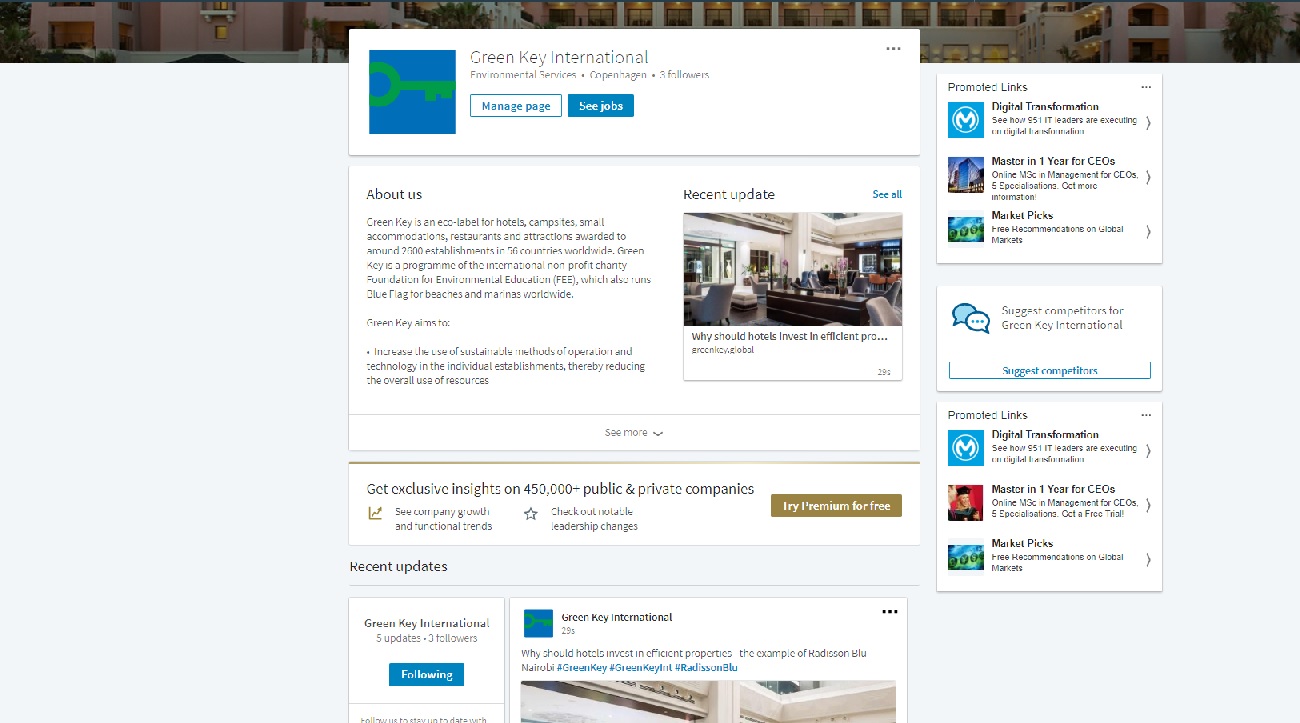Hotels around the world, but particularly around the Mediterranean have witnessed the refugee crisis that has hit the region for the past few years. Having a seasonal need for staff, hoteliers are keen to try to engage refugees, but local restrictions often apply. So what can hotels do if they want to support refugees?
The UNHCR estimates there are 21.3 million refugees worldwide – 80% of whom are hosted by developing countries. The number of migrants entering the EU Member States is increasing rapidly, with many seeking asylum. There were 1,255,640 first time applications for asylum in EU member states in 2015, up from 562,680 in 2014. 53% of refugees worldwide came from three countries. (Syria: 4.9 million; Afghanistan: 2.7 million; Somalia: 1.1 million).
Since 2015 businesses have started to show a greater interest in this crisis, but the need still outweighs the offer of support, and in many countries, the status of refugees and whether they are allowed to work can be confusing.
In the UK refugees resettled through one of the official Government, schemes are automatically granted refugee status, allowing them to work and access mainstream services immediately. However, the situation is very different for those seeking asylum.
Asylum seekers whose applications often take more than a year may apply for permission to work – however, their opportunities are restricted to occupations identified by the Home Office as having a staff shortage.
Refused asylum seekers can apply for a limited amount of support if they would otherwise be destitute whilst waiting to return to their home country. A ‘cliff edge’ on support for both groups means refugees and trafficking survivors can face destitution, leading to homelessness and related challenges for getting into employment.
Barriers to employment for refugees and trafficking survivors can include:
- legal status
- poor English (or local) language skills
- lack of relevant and accessible information, advice and guidance services
- mental health conditions such as PTSD (Post Traumatic Stress Disorder)
- trafficking survivors – difficulty trusting employer
- lack of recognition by UK employers of qualifications, skills and experience
- little knowledge of the environment and culture of the UK workplace
- a lack of UK-based work experience
- little understanding of employment rights and responsibilities
At the same time, employers can be wary of offering employment to refugees and asylum seekers due to:
- confusion over refugees’ legal status
- lack of support to translate qualifications and experience for the UK workplace
- negative media coverage
- a perception that refugees will be resented by existing employees
Some of these issues were identified by hotelier Michael Stober in his interview for the International Tourism Partnership. The 2017 Green Hotelier Award winner in Europe made a point of employing refugees but spoke about some of the challenges he faced
People escaping desperate situations in their home country are also vulnerable to exploitation through human trafficking and modern slavery.
Modern slavery is a global issue, with an estimated 45.8 million people in modern-day slavery worldwide (Source: Global Slavery Index 2016, Walkfree Foundation). Human trafficking affects every country of the world, as countries of origin, transit or destination - or even a combination of all three.
Modern slavery is a complex crime that takes many forms. It encompasses slavery, servitude, forced and compulsory labour and human trafficking. Traffickers and slave drivers coerce, deceive and force individuals against their will into a life of abuse, servitude and inhumane treatment.
Victims may be sexually exploited, forced to work for little or no pay or forced to commit criminal activities against their will. Victims are often pressured into debt bondage and are likely to be fearful of those who exploit them, who will often threaten and abuse victims and their families. These factors make it very difficult for victims to escape. (Source: HM Government Modern Slavery Strategy, November 2014).
The International Tourism Partnership has produced specific guidance for its members and the wider industry on Addressing Human Trafficking in the Hotel Industry, and YCI – the Youth Career Initiative - provides employment support for trafficking survivors internationally. Created by leading hotel companies, YCI is an award-winning employability programme offering skills training through a range of hotel departments.
The programme has successfully supported the reintegration of 101 rehabilitated survivors of human trafficking in six locations, across five countries. The programme engaged 24 hotels, training over 160 hotel managers and 77 non-profit professionals in Mexico City; Nairobi, Kenya; Addis Ababa, Ethiopia; Delhi and Mumbai, India; and Hanoi, Vietnam.
In the UK Ready for Work is Business in the Community’s national employment programme, which has supported more than 4,000 people to enter employment - 7% are refugees. The programme supports people facing multiple barriers to gain and sustain employment, and each year works with a number of clients identified as refugees. Though the number is unknown, there are some Ready for Work participants who have experienced trafficking and slavery, including labour exploitation and sexual exploitation.
Although in most countries there may be obstacles to employing refugees there are still a number of actions businesses can take to help improve access to employment for refugees. These might include:
- Providing volunteers for employability sessions eg. CV workshops, job coaching
- Providing volunteers to help with English language skills
- Hosting work placements in your business through programmes like Ready for Work or YCI dependent on local government
- Training recruitment managers to interpret refugees’ qualifications and experience
Learn more about how Michael Stober employed refugees at his hotel, here.
Source: Green Hotelier










